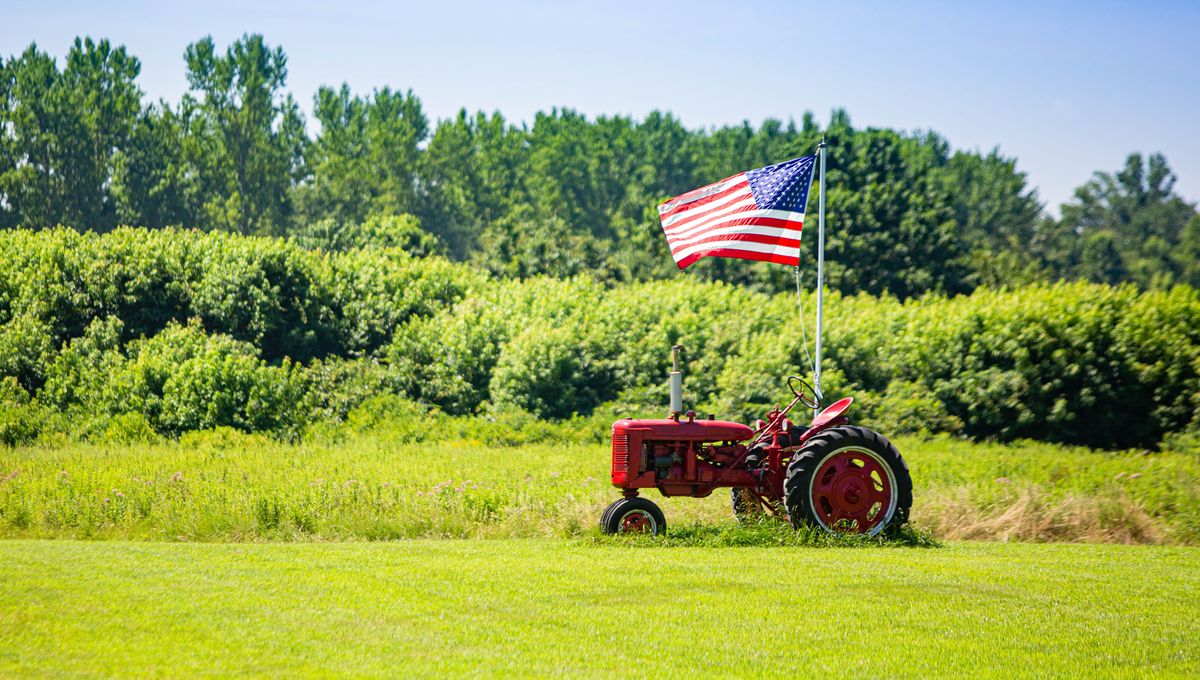
The general public are showing “ignorance and apathy” towards the threat of bird flu, say the authors of a new editorial, based on a survey they conducted of US residents. It found that many were unaware of or unwilling to take simple precautions that might decrease their risk of exposure to the virus.
“These attitudes could pose a serious obstacle to containing the virus and preventing a major public health crisis,” said first author Rachael Piltch-Loeb in a statement.
A highly pathogenic strain of H5N1 avian influenza, abbreviated to HPAI or simply referred to as bird flu, has been identified in numerous species around the globe over the past few years. Although primarily a disease of birds, with a huge economic cost for poultry farmers and consumers alike, it’s the non-winged patients that are causing the most concern right now.
Since early 2024, HPAI has been hitting cows on dairy farms. Seventeen US states have been impacted according to the latest data from the Centers for Disease Control and Prevention (CDC), a total of 1,021 herds.
Any evidence of a bird virus jumping readily into mammals is a worry, as it could indicate that mutations that allow for spillover into humans might be coming down the track. And that’s what we saw with HPAI, when human workers on dairy farms started catching the virus from infected cows.
At last count, the CDC says 70 human cases have been confirmed and one person has died. Most of these were traced back to animal exposure, but three cases in veterinarians sparked fresh fears recently that the virus could be spreading silently without causing symptoms. Every time the virus comes face to face with the human immune system is another opportunity for it to evolve ways to get around it.
While the CDC continues to categorize the risk to the general public as low, and human-to-human transmission has not yet been documented, some concern about this situation would be a very natural reaction. But that’s not what we’re seeing from many US citizens, according to this new study.
The team surveyed a representative sample of 10,000 US residents, with a deliberate overemphasis on rural populations, between August 5 and 15, 2024. They were focused particularly on dietary measures that could minimise someone’s chances of exposure to HPAI, and vaccination.
Over half of respondents were unaware that pasteurized milk is safer than raw milk. Drinking raw milk is always a Very Bad Idea since it’s basically just microbiological soup with zero health benefits compared to the lovely pasteurized stuff. But specifically with H5N1, we’ve already seen cases of cats catching the virus from milk, so we know that risk is there.
In more disheartening news, 27 percent of those surveyed said they were unwilling to modify their diets at all to avoid exposure to bird flu, although 71.3 percent understood that cooking meat to higher temperatures is important to kill pathogens like H5N1.
More than a quarter also said they’d be reluctant to take a vaccine for H5N1, even if advised to by the CDC. One need only look at the measles data coming out of Texas to see where shunning vaccines can get us.
There were some social and demographic factors affecting the results – those who described themselves as Republican or Independent, and those who lived in rural areas nearer to livestock farms, were all less likely to accept vaccinations or dietary changes.
“The fact that responses vary significantly by political party and geography emphasizes the need for a carefully segmented health communications strategy to address the issue,” said Piltch-Loeb.
“Working closely with agricultural leaders, farm communities and food processing companies will be critical, and the fact that most of the agricultural workers who are at direct risk of exposure to the bird flu virus may be undocumented could seriously jeopardize efforts to track and control the spread of infections,” added co-author Kenneth Rabin.
The study is published in the American Journal of Public Health.
Source Link: Americans Are Underestimating Bird Flu. In A Future Pandemic, That Could Be A Problem